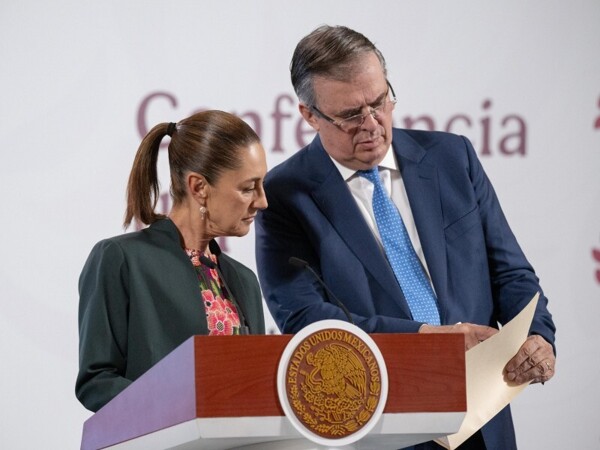
With the arrival of thousands of migrants to Mexico, there is a growing concern about the increase in informal trade and the demand for illicitly manufactured products. Criminal organizations are often behind these activities, evading existing regulations. Therefore, it is crucial to strengthen systems for controlling counterfeits, stolen, and adulterated products.
According to recent statements, customs plays a fundamental role in this fight against illegality in trade. The importance of filtering products coming from other jurisdictions and expediting the processing of complaints filed against criminal organizations involved in these practices is highlighted.
The Mexican Institute of Industrial Property (IMPI) has launched a significant campaign of seizures of counterfeit products in various Mexican cities. It is estimated that at least half of the counterfeit products sold enter the country through one of the 42 existing customs, underscoring the relevance of reinforcing surveillance at these entry points.
One of the significant advancements in this regard was the creation of the "Customs Trademark Registry," which allowed for increased monitoring of registered trademarks and having a list of authorized companies to import these products.
Despite the efforts made, the fight against piracy and illegal trade remains a constant challenge. The importance of complying with the "border measures" established in international agreements, such as the USMCA, to effectively combat these illicit practices is emphasized.
Moreover, it is mentioned that the establishment of the National Customs Agency of Mexico (ANAM) in 2021 has contributed to the reduction of seizures of illegal merchandise in the Mexican market, which shows progress in this issue.














